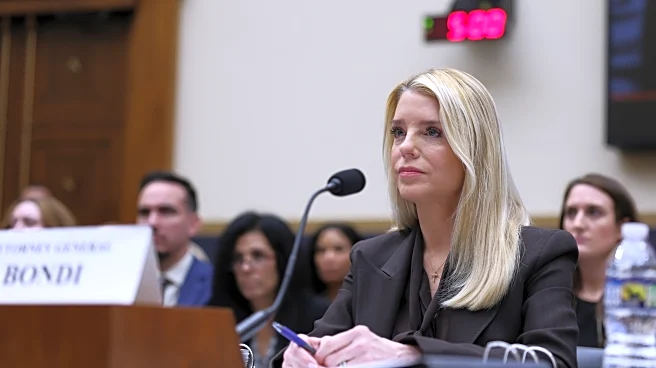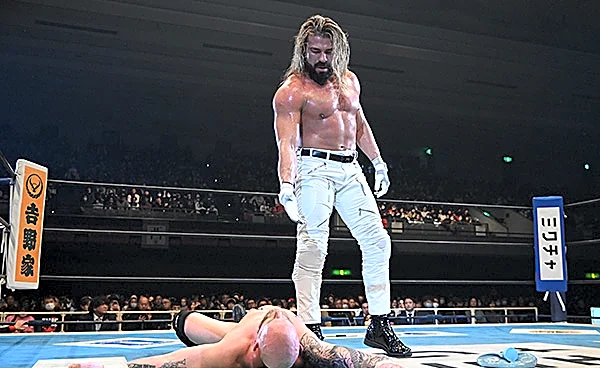What's Happening?
Former Japanese Prime Minister Tomiichi Murayama, known for his significant 1995 apology for Japan's wartime aggression, has passed away at the age of 101. Murayama, who led Japan from 1994 to 1996, issued
the 'Murayama statement' on the 50th anniversary of Japan's surrender in World War II, expressing deep remorse for the suffering caused by Japan's colonial rule and aggression, particularly in Asia. His tenure as prime minister was marked by his controversial recognition of the Japan-U.S. security alliance and Japan's Self-Defense Forces as constitutional, despite opposition from his own party. Murayama also faced criticism for his handling of two major disasters in 1995: the Kobe earthquake and the Tokyo subway gas attack.
Why It's Important?
Murayama's apology set a precedent for Japan's acknowledgment of its wartime actions, influencing the country's diplomatic relations, especially with Asian neighbors. His statement became a benchmark for subsequent Japanese leaders, although it faced challenges from nationalist successors who sought to distance Japan from its wartime guilt. Murayama's legacy is significant in the context of Japan's ongoing struggle with its historical narrative and its impact on international relations. His death may prompt renewed discussions on Japan's historical accountability and its implications for current and future diplomatic policies.
What's Next?
Murayama's passing may lead to reflections on Japan's historical stance and its future diplomatic strategies, particularly under the leadership of nationalist figures like Sanae Takaichi. The potential shift in Japan's approach to its wartime history could affect its relations with neighboring countries and its position on the global stage. Observers will be watching how Japan navigates these historical issues while balancing national pride and international diplomacy.
Beyond the Headlines
Murayama's criticism of his successors' attempts to downplay Japan's wartime actions highlights ongoing tensions within Japan regarding its historical narrative. The ethical and cultural implications of how Japan addresses its past continue to resonate, affecting not only diplomatic relations but also domestic political discourse. Murayama's legacy underscores the importance of historical acknowledgment in fostering peace and stability in Asia.










